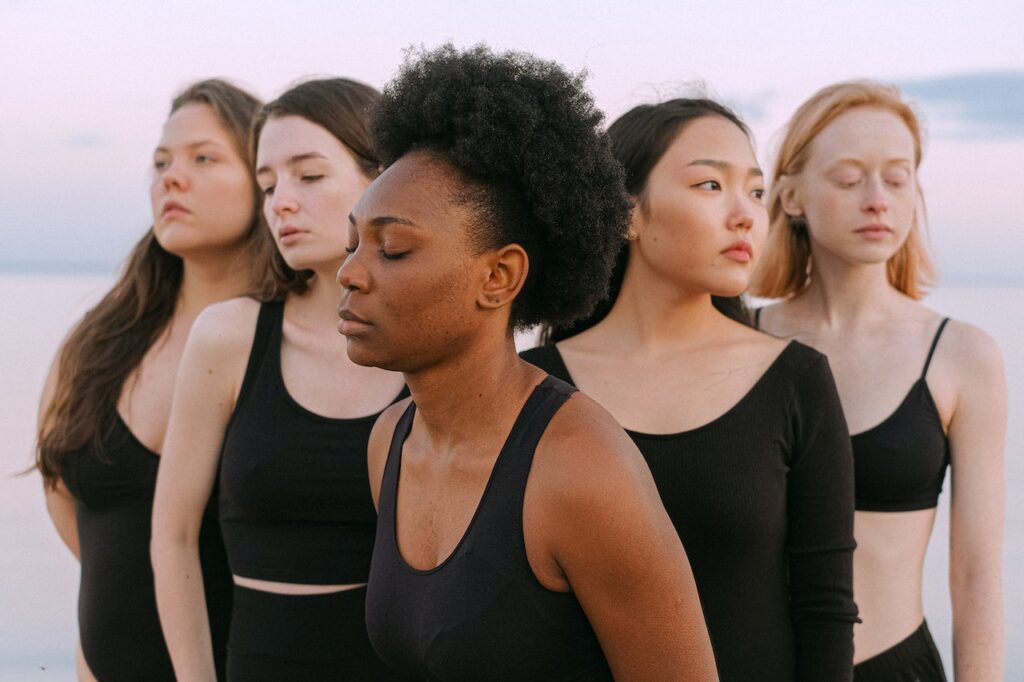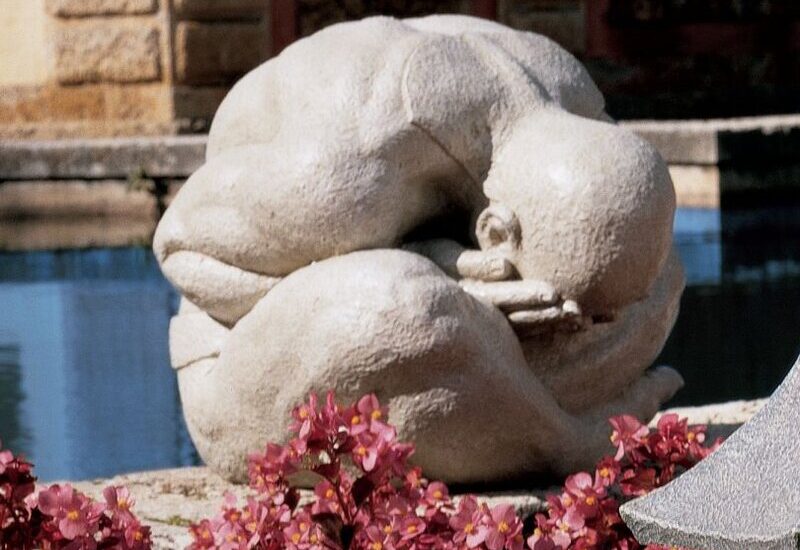When friends hear that I’m working with people at end-of-life, as a doula, they often ask if I get sad more often. Relatives want to know if deathwork is dark and depressing. “You spend your time with people who are dying,” they say. “Isn’t that emotionally draining?”
I’ve found that serving people at the end of life is the exact opposite of depressing. It’s life-affirming. Here’s why.
Deathwork is Rewarding
Getting through the dying process can be difficult. Responsibilities abound and arrangements must be made. A terminal illness also brings with it emotional and psychological issues. And if a client faces this alone, everything seems heavier for them.
An end-of-life doula can cushion the blows.
For example, I coordinate care and errands. This frees up time for the client. I write eulogies, obituaries, and life stories. These remind my clients how much they’ve lived, loved, and accomplished over the years. I facilitate ways for estranged loved ones to make amends. I hold someone’s hands while they share anecdotes about military service, raising children, or other adventures.
Death doulas, just by being in the room, help make death less frightening. This is meaningful work.
Making Sense of Life
In the beginning, clients struggle with the reality of a difficult diagnosis. They’re not overjoyed to meet me. As a matter of fact, some clients can be downright hostile. This is because a terminal disease is often an unwelcome surprise. My clients don’t really want to be in this space. Therefore they feel a range of emotions when reaching out for support.
Some feel completely overwhelmed at first.
So before I first visit someone in need, I take a deep breath. I let go of any and all expectations. And I walk into the house or room with a clear mind.
At some point, I’ll ask, “How do you want to live the rest of your life?”
They talk.
I listen.
Usually, by the end of the initial visit, they are more comfortable with this reality. Eventually, we get to a place where profound discoveries take place. Some of my clients experience a transformation from anticipatory grief to a more peaceful acceptance.
Watching this transformation doesn’t drain. It fills.
Looking Past the Gruesome
I worked my way through college as a peer counselor at a women’s health clinic. We served people with little or no money. Little or no health care. That’s where I learned to see the human beings behind a diagnosis or condition.
Our bodies do some stuff and not all of it is pretty. At the end of our lives, the amazing and complicated systems inside us naturally shut down. Although this is a normal process for our bodies, the experience itself can be messy and feel unpleasant.
I exist in this space and focus on our shared humanity. I look into a man’s eyes. A woman’s spirit. A child’s smile. That’s where I live.

Doula Collectives and Death Workers
Although I run my own business and work for myself, I have dozens of colleagues. Funeral directors, grief counselors, death doulas, and support facilitators are my co-workers. Same with local hospice employees, elder care attorneys, home health care professionals, and music therapists. We are part of a dedicated community that I’m lucky to have found.
At a recent green burial, I watched volunteer grave diggers, in awe of their dedication. Their respect and care while gently lowering a client into the earth, family nowhere in sight, moved me. They were tender and loving with her.
I’m seeking, and surrounding myself with, ethical professionals called to this work because they care about their community. They are everywhere, all around us, providing incredible resources of support to help our neighbors get through one of life’s toughest moments.
They inspire me every day.
Mindfulness
“Be present.” It’s a phrase that’s used often and can feel like a cliché. But it works.
Mindfulness allows us to provide support steadily through the storm, instead of feeling lost in waves of sadness. When I focus on the person in need – their concerns, their wishes – it truly helps me avoid despair.
Sometimes I feel my mind drifting. I’ll see a picture that reminds me of a family member. Or find myself starting to think, “What will my kids do when this is me?”
Then I gently stop myself.
Without judgment, I remember that this sacred space has nothing to do with me. This is about someone else. I bring my mind and awareness back to the room I’m in, to the person I’m with, and to the situation we are handling. Together.
Self-care is Vital
There are times when the gravity of a particular circumstance feels heavier than usual. A family in crisis or a child suffering. Deathwork isn’t easy so many of us doing this work might report higher levels of compassion fatigue.
I still get nervous when I sit and talk with families about their end-of-life plans. That nervousness tells me what I’m doing is important. But it can also leave me feeling tired at the end of a long day.
Here are some ways I’ve found to take care of myself when this happens:
- A nap or good night’s sleep
- Exercise
- Soaking in a warm tub with some candles nearby
- Talking about it with a partner, friend, or mentor
- Seeing a professional therapist
- Listening to a good playlist
- Staying hydrated
- Writing in my journal
- Thinking of all the ways I’m grateful
I’m not going to lie. A glass of wine sometimes helps, too. But the above list is what I turn to for more permanent relief.
Deathwork isn’t Depressing
Ultimately, every career comes with charms and challenges. Deathwork is no different. I’m honored to be welcomed into my clients’ most intimate moments. When sadness does come, as it will from time to time, I remember why I’m there.
And wait patiently for the sun to come out again. Contact me for deathwork in Chicago – any time.



2 thoughts on “Is Deathwork Depressing?”